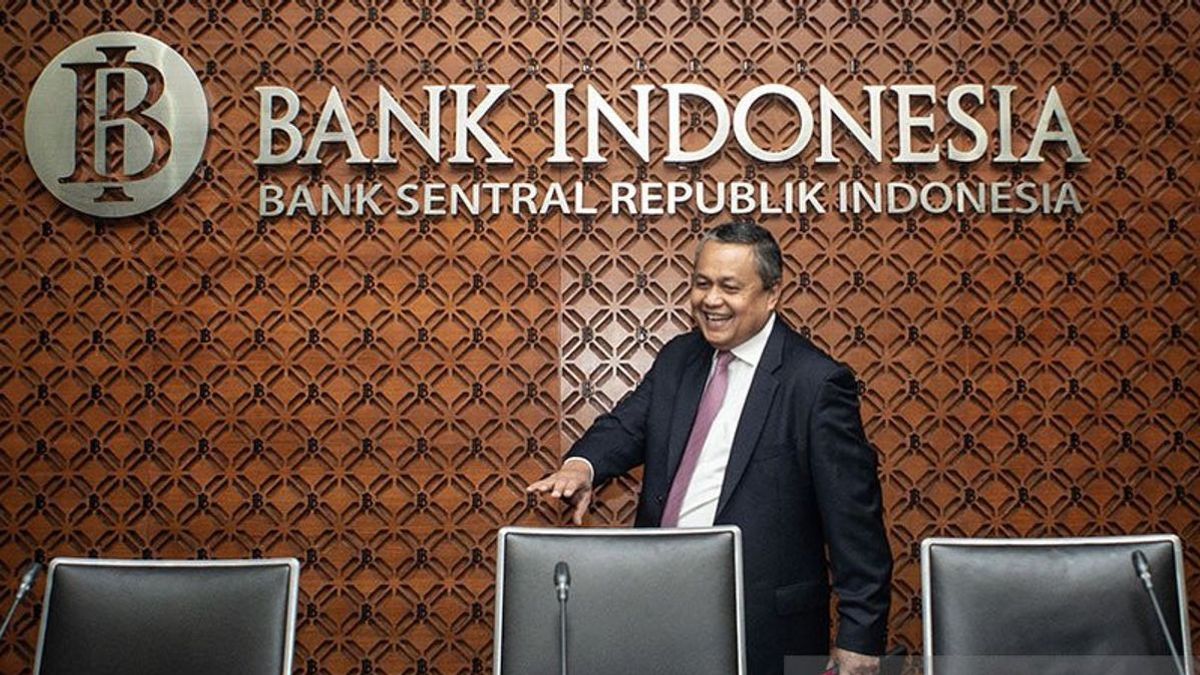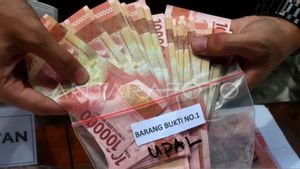JAKARTA - Bank Indonesia (BI) is known to continue to intensify coordination with various stakeholders to control the inflation rate at a maintained level. Recently, BI together with the Regional Inflation Control Team (TPID) initiated the National Movement for Food Inflation Control (GNPIP) which was launched in the middle of this week.
Bank Indonesia Deputy Governor Aida S. Budiman said the monetary authority is committed to strengthening synergies and innovations in promoting inflation stability going forward.
"We together need to reduce food inflation by maintaining prices, distribution and supply," he said in a written statement from Tegal, Central Java on Friday, August 12.
According to Aida, the National Movement, which is a quick move to manage food inflation, started from Central Java and will then be carried out throughout Indonesia.
"In the short term, we focus on overcoming the high price of red chili commodities and being aware of the increase in the price of shallots through inspection activities and market operations as well as inter-regional cooperation with several parties and the implementation of the Red Chili Planting Movement. In addition, we also initiated the establishment of a Garlic Learning Center in collaboration with IPB University and the local government as a forum for learning Indonesian farmers," he explained.
On the same occasion, Central Java Governor Ganjar Pranowo also expressed his support for all efforts to synergize inflation control and strengthen food sovereignty.
"We hope that the knowledge in the Garlic Learning Center can be shared online through various media channels so that it can be widely absorbed by the public," he said.
As previously reported by VOI, the last inflation report at the end of July 2022 has crossed the 4.94 percent mark. This level is far from the estimates by BI and the government, which set a target of 3 percent plus minus 1 percent this year.
To note, Bank Indonesia itself has three main functions in monetary policy. First, set the benchmark interest rate (BI rate). Second, maintain the stability of the rupiah exchange rate. And the third is controlling the inflation rate in the country so that it is maintained.
The English, Chinese, Japanese, Arabic, and French versions are automatically generated by the AI. So there may still be inaccuracies in translating, please always see Indonesian as our main language. (system supported by DigitalSiber.id)








